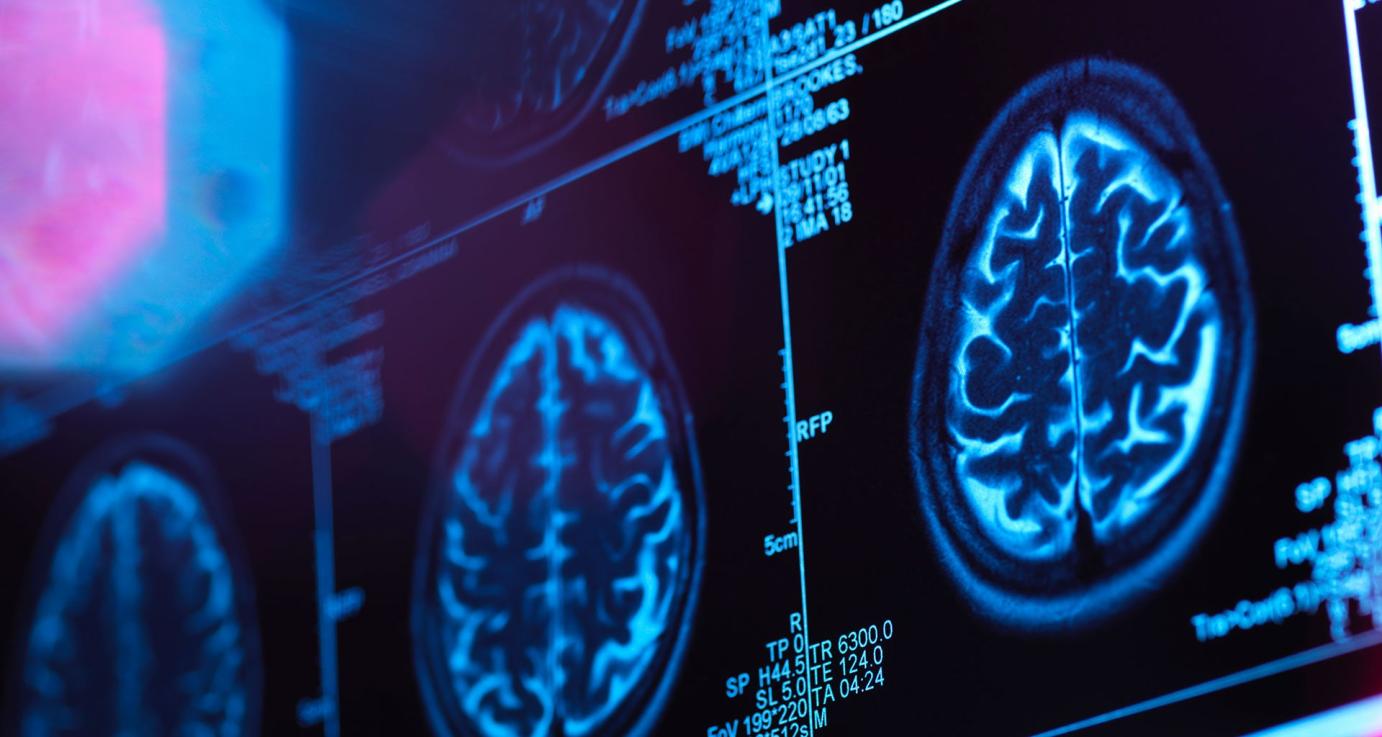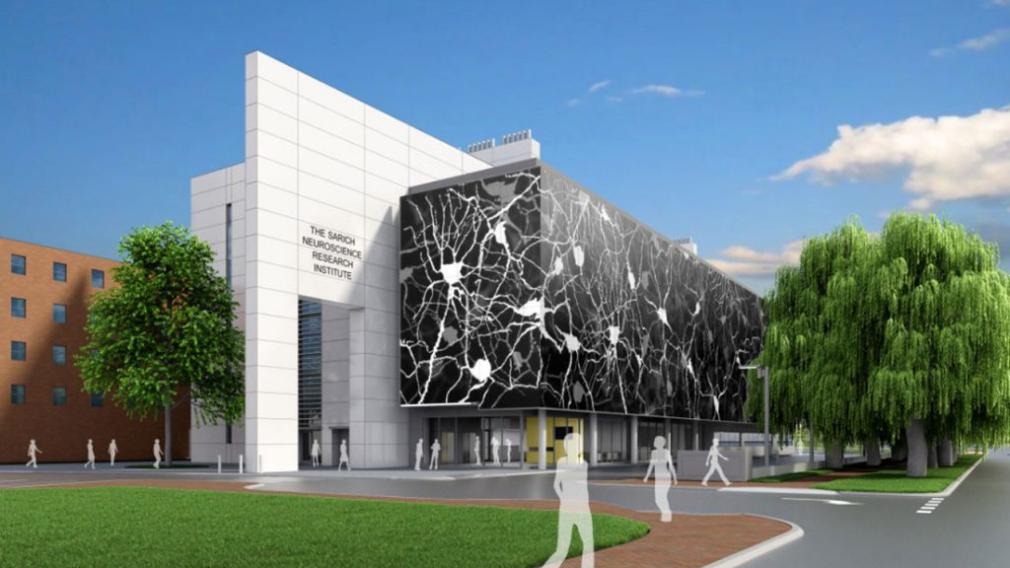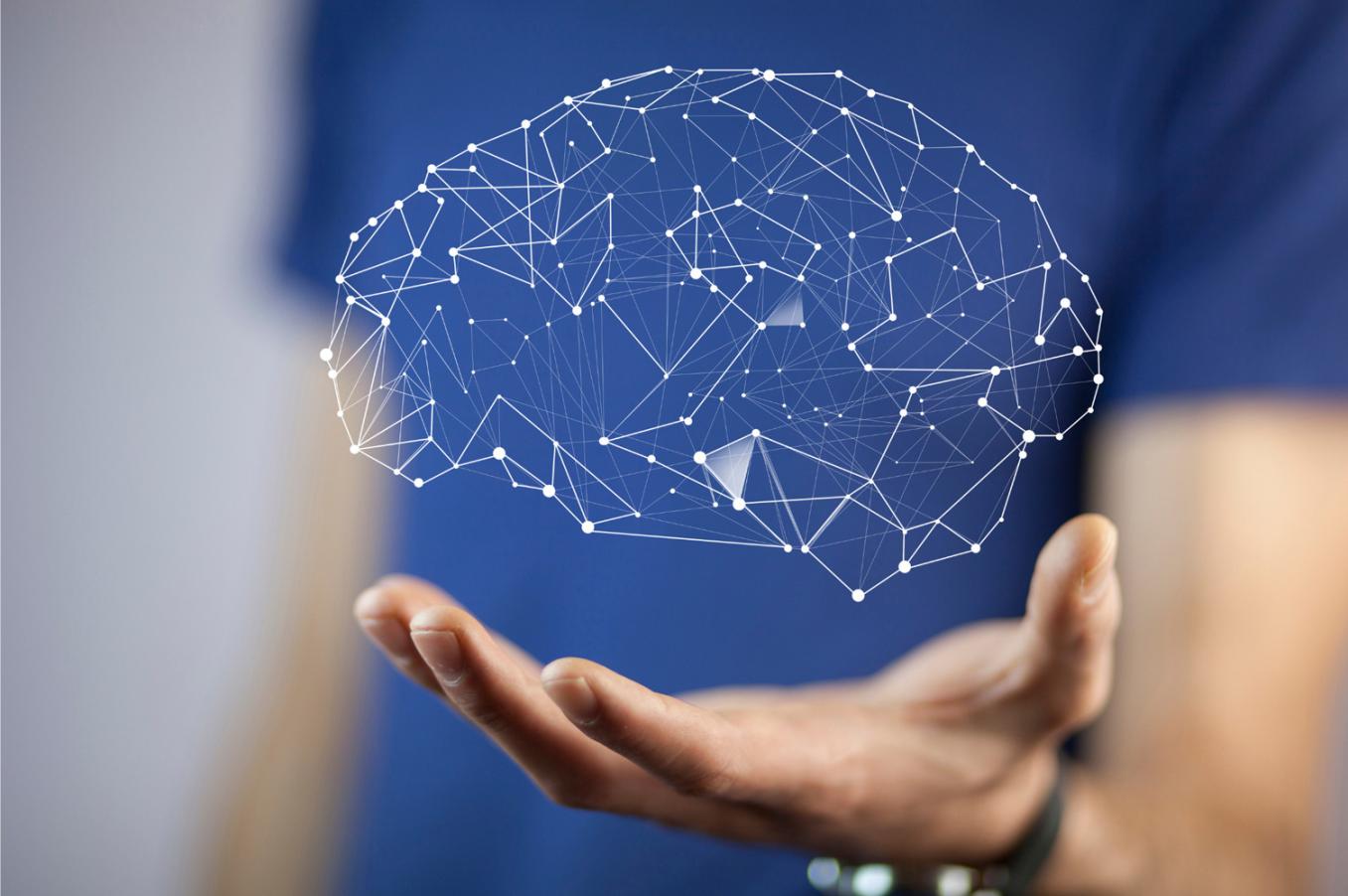How Do Neuroscientists Use Brain Scans to Study Brain Function?
The human brain is one of the most complex organs in the universe, and scientists are still working to understand how it works. Brain scans are a powerful tool that allows neuroscientists to study the brain in action, providing valuable insights into its structure, function, and connectivity.

Methods Of Brain Scans
There are a variety of brain scanning techniques that neuroscientists use to study brain function. These techniques can be broadly divided into two categories: structural brain scans and functional brain scans.
Structural Brain Scans
- Magnetic Resonance Imaging (MRI): MRI uses powerful magnets and radio waves to create detailed images of the brain. It is commonly used to study brain anatomy, detect abnormalities, and diagnose brain disorders.
- Computed Tomography (CT): CT scans use X-rays to create cross-sectional images of the brain. They are often used to diagnose brain injuries, tumors, and other structural abnormalities.
Functional Brain Scans
- Functional Magnetic Resonance Imaging (fMRI): fMRI measures changes in blood flow in the brain, which is an indirect measure of brain activity. It is commonly used to study brain function during various tasks, such as attention, memory, and decision-making.
- Positron Emission Tomography (PET): PET scans use radioactive tracers to measure brain metabolism and neurotransmitter systems. It is often used to study brain function in relation to specific diseases or conditions.
- Electroencephalography (EEG): EEG measures electrical signals from the brain, which can provide information about brain waves and epilepsy.
- Magnetoencephalography (MEG): MEG measures magnetic fields generated by brain activity, which can provide information about brain connectivity and sensorimotor functions.
Applications Of Brain Scans In Studying Brain Function
Brain scans have a wide range of applications in studying brain function, including:
- Cognitive Neuroscience: Brain scans are used to investigate the neural basis of attention, memory, language, and decision-making.
- Clinical Neuroscience: Brain scans are used to diagnose and monitor neurological disorders such as Alzheimer's disease, Parkinson's disease, and multiple sclerosis.
- Psychiatry: Brain scans are used to study the brain mechanisms underlying mental illnesses like depression, schizophrenia, and anxiety disorders.
- Addiction Research: Brain scans are used to understand the neural circuits involved in drug addiction and relapse.
- Brain-Computer Interfaces: Brain scans are used to develop technologies that allow direct communication between the brain and external devices.
Challenges And Future Directions
While brain scans have provided valuable insights into brain function, there are still a number of challenges that need to be addressed. These include:
- Limited spatial and temporal resolution: Current brain scanning techniques have limited spatial and temporal resolution, which can make it difficult to study fine-grained brain activity.
- Motion artifacts: Brain scans can be affected by motion artifacts, which can make it difficult to obtain clear images.
- High cost: Brain scans can be expensive, which can limit their accessibility.

Despite these challenges, there are a number of emerging technologies that hold promise for improving brain scanning techniques. These include:
- Connectomics: Connectomics is the study of the brain's neural connections. New technologies are being developed to map the brain's connectome in unprecedented detail.
- Optogenetics: Optogenetics is a technique that allows researchers to control the activity of specific neurons using light. This technology has the potential to provide new insights into brain function and behavior.
- Artificial intelligence: Artificial intelligence is being used to develop new methods for analyzing brain scans. This technology has the potential to improve the accuracy and efficiency of brain scans.
Brain scans are a powerful tool that has revolutionized our understanding of brain function. As brain scanning technologies continue to improve, we can expect to gain even more insights into the mysteries of the human brain.

YesNo

Leave a Reply